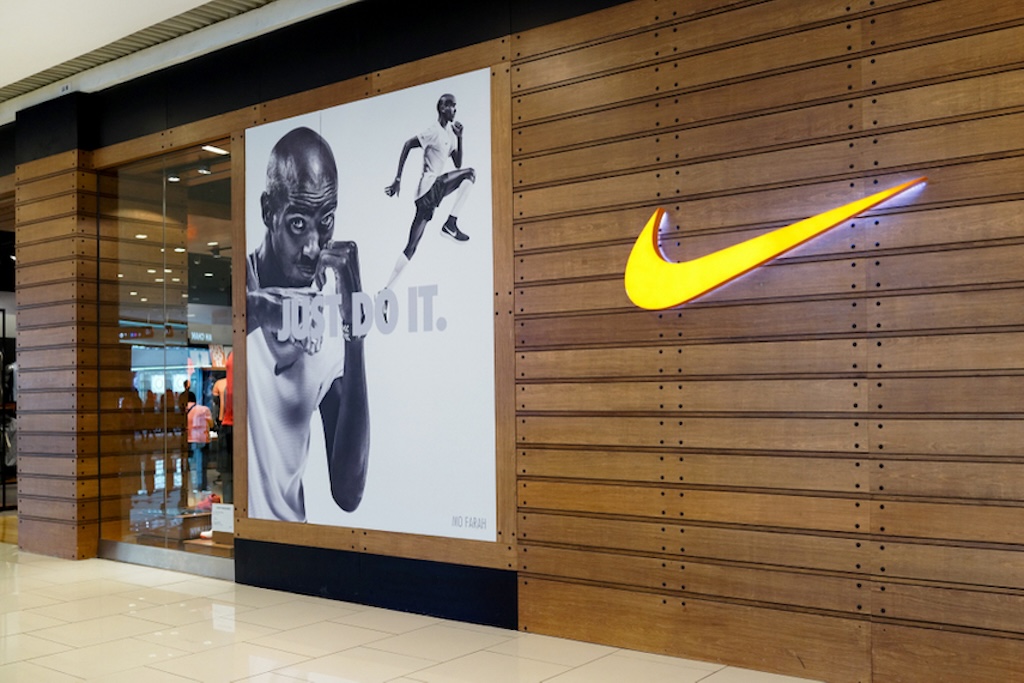By The Malketeer
In a world connected by globalisation, the ability to tailor products and marketing strategies to meet the unique preferences of different cultures and markets has become a vital component of international business success.
Nowhere is this more evident than in Malaysia, where global brands face a tantalising challenge: how to adapt their offerings to local tastes while preserving their global identity. The art of localisation has become a necessity for companies striving to succeed in this vibrant market.
Malaysia’s Multicultural Mosaic: The Lure of Local Markets
Malaysia’s allure as a market for global brands is partly due to its multicultural landscape. Home to various ethnic groups including Malays, Chinese, Indians, and indigenous peoples, the country’s diversity is mirrored in its diverse consumer preferences. This cultural melting pot has necessitated creative strategies for global brands looking to establish a strong presence .
Challenges in Localising for Malaysia
Cultural Sensitivity: One of the most significant challenges is respecting the cultural norms and traditions of the various communities. Malaysia’s multicultural society demands brands to be culturally sensitive and avoid inadvertently offending any group. This means being aware of religious and ethnic customs, dietary preferences, and festivals.
Language Diversity: Malaysia is a nation of multiple languages, with Malay, English, Chinese dialects, Tamil, and East Malaysian dialects being spoken. Brands must often use multilingual marketing materials, but it’s crucial to ensure accurate translation and localisation to maintain their brand’s integrity.
Economic Disparities: Malaysia’s income disparities vary greatly between the urban and rural areas. This necessitates different pricing and marketing strategies for various regions, with affordability playing a critical role in consumer decision-making.
Effective Localisation Strategies
Global brands have employed several successful strategies to tailor their products, marketing, and branding to meet the demands of the Malaysian market:
Customised Product Variations: Brands often create product variations to cater to different local tastes. McDonald’s, for instance, offers a Nasi Lemak burger, a local favourite, alongside its standard menu items. Similarly, Starbucks incorporates traditional Malaysian flavours into its beverages, such as the Teh Tarik frappuccino.
Cultural Celebrations: Embracing local festivals and cultural events is a popular approach. During the festive seasons, brands frequently release limited-edition products, packaging, and marketing campaigns to tap into the celebratory spirit. Coca-Cola has been especially adept at this, releasing special festive-themed cans for events like Hari Raya Aidilfitri, Chinese New Year, and Deepavali.
Engaging Local Talent: Employing local talent in marketing and advertising can be crucial. Having Malaysian faces and voices in advertisements lends an authentic touch, helping build rapport with consumers. Brands like Nike have done this successfully, featuring Malaysian athletes and celebrities in their campaigns.
Digital Engagement: In a country with high internet penetration, digital marketing is essential. Brands leverage social media platforms like Facebook, Instagram, and TikTok to engage with the younger, tech-savvy population. Brands like Samsung use influencer partnerships to connect with their target audience effectively.
Social Responsibility: Malaysians appreciate brands that are socially responsible. Many companies have implemented sustainability initiatives to align with local values and address environmental concerns.
Case Studies: Global Brands Making It Work
Unilever: As part of their “Jom Ubah Sampah” campaign, Unilever Malaysia promotes recycling and environmental sustainability. This aligns with the country’s growing concern for eco-friendly practices and is an excellent example of a global brand addressing local concerns.
Nestlé: The brand has a strong presence in Malaysia and has adapted its product portfolio to cater to local preferences by offering offer unique flavours for their popular brands.
Kentucky Fried Chicken: KFC introduced local favourites like the KFC Ayam Goreng, which is marinated and fried using local spices, offering a taste familiar to Malaysians.
Procter & Gamble: P&G localised its product packaging and advertising to resonate with Malaysians. For example, they use images and themes related to Malaysian culture in their Pantene shampoo and Downy fabric softener advertisements.
Cadbury Malaysia: Cadbury introduced limited-edition flavours, such as Cadbury Gula Melaka, which combines the brand’s chocolate with a traditional Malaysian sweetener, making it a hit among local chocolate enthusiasts.
Glocalisation is not a one-size-fits-all strategy, and it requires a deep understanding of the local market. Successful global brands in Malaysia understand the importance of cultural respect, language integration, and strategic adaptation.
By embracing Malaysia’s diversity and aligning with local values, global brands can find their place in this exciting and growing market, creating a win-win scenario for both the brand and the Malaysian consumer.
MARKETING Magazine is not responsible for the content of external sites.









